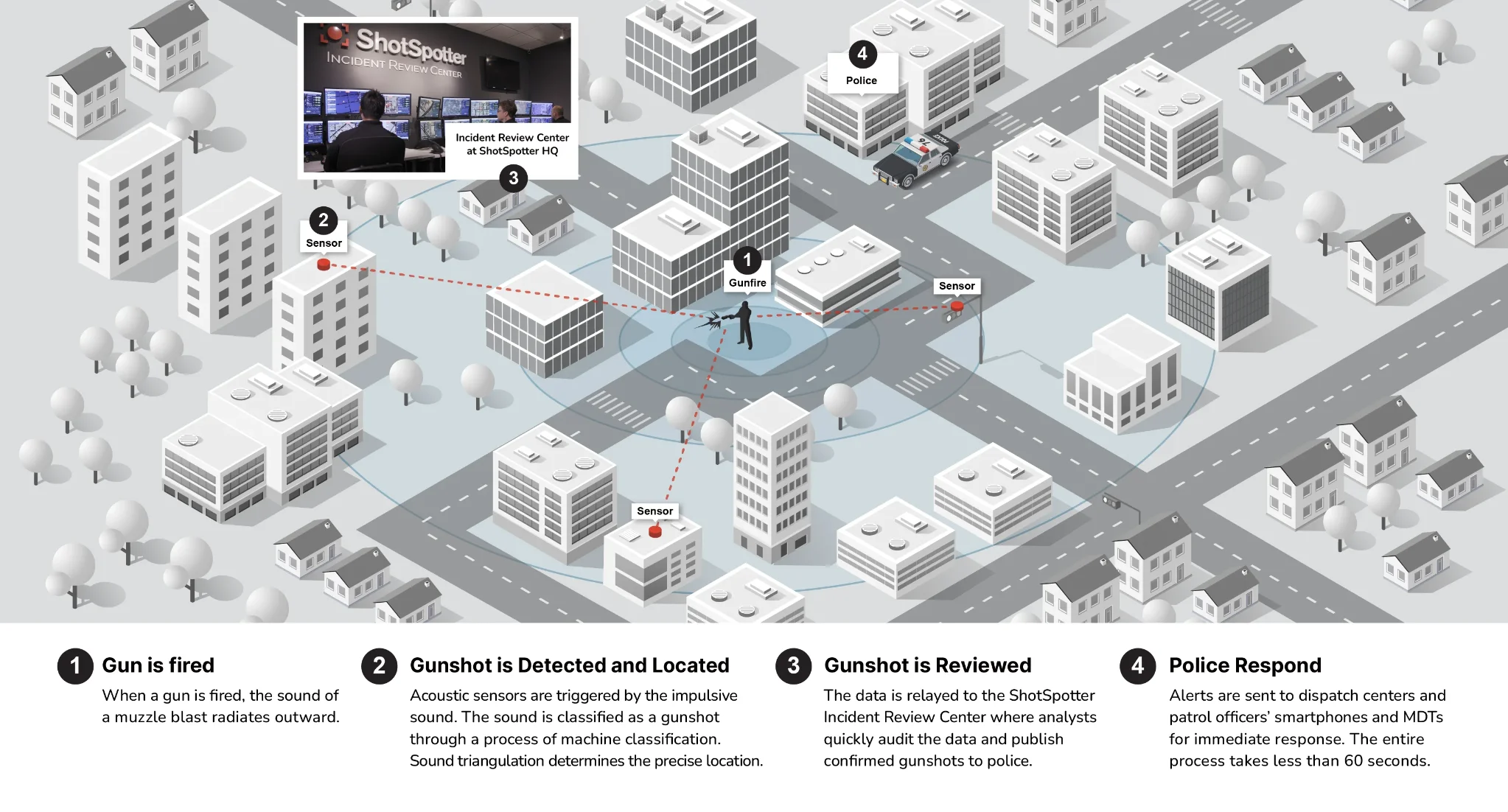Increasingly, we hear calls for a public health approach to policing, but what does it mean in practice? This year’s IACP conference, “Integrating a Public Health Approach to the Police Response to Violence,” explored just this. Expanding from a recent IACP/NIJ symposium on public health and policing, three expert panelists shared insights into this approach from their respective areas of expertise.
Dr. Cassandra Crifasi, an Associate Professor of Health Policy and Management at the Johns Hopkins Bloomberg School of Public Health and the Co-Director of the Center for Gun Violence Solutions, discussed the ways that a population-focused approach to such violence helps law enforcement uncover contributing factors and underlying causes. She also discussed the role that social determinants of health (SDH) have in shaping the impact of gun violence.
Dr Crifasi’s outline of a public health approach included measuring the extent of the issue, identifying both risk and protective factors, developing and evaluating effective strategies and assessing their suitability for different groups, and lastly, implementing and expanding the use of successful interventions.
The second panelist, Dr. Brandon Del Pozo, currently conducts NIH-funded research at the intersection of public health, public safety, and justice with a focus on substance use, the overdose crisis, and violence. He also has extensive experience in law enforcement, having spent 19 years with the New York City PD, and four years as the Chief of Police of Burlington PD in Vermont.
Dr. Del Pozo discussed the resistance amongst various professions, including the medical and policing fields, to adopting evidence-based practices. He highlighted the importance of a Consolidated Framework for the Implementation of Research (CFIR) in facilitating the successful adoption of a public health approach in policing. Additionally, he introduced the EPIS model as a means of implementation. When applied to law enforcement, the EPIS model encompasses the following phases:
- Exploration: In which new evidence-based practices are explored, and their relevance and potential benefits to the field are assessed.
- Preparation: In which groundwork is laid to ensure a smooth transition to evidence-based practices. This could involve training, resource allocation, and planning.
- Implementation: In which evidence-based practice is adopted.
- Sustainment: In which the practice is maintained through ongoing support, monitoring, and adjustments.
The final speaker, Chief Mark Talbot Senior, underscored the importance of a public health approach to reducing gun violence. Drawing from over 30 years of experience in law enforcement, the Chief of Police at Norfolk PD presented ten key practices that law enforcement should consider when implementing this approach:
- Set an ambitious vision
- Lead discussions on the factors contributing to violence
- Provide problem-solving training
- Form a public health team
- Embrace implementation science
- Identify target zones
- Expand performance measurement
- Address iatrogenesis
- Develop enhanced response for victims of violence
- Explore primary prevention strategies
Thank you to the speakers for generously sharing such thoughtful insights and knowledge on the application of a public health approach in law enforcement. It’s an approach that aligns with the mission of SoundThinking, and it’s one that we’ve been working to support and advance through initiatives like Data for Good.




